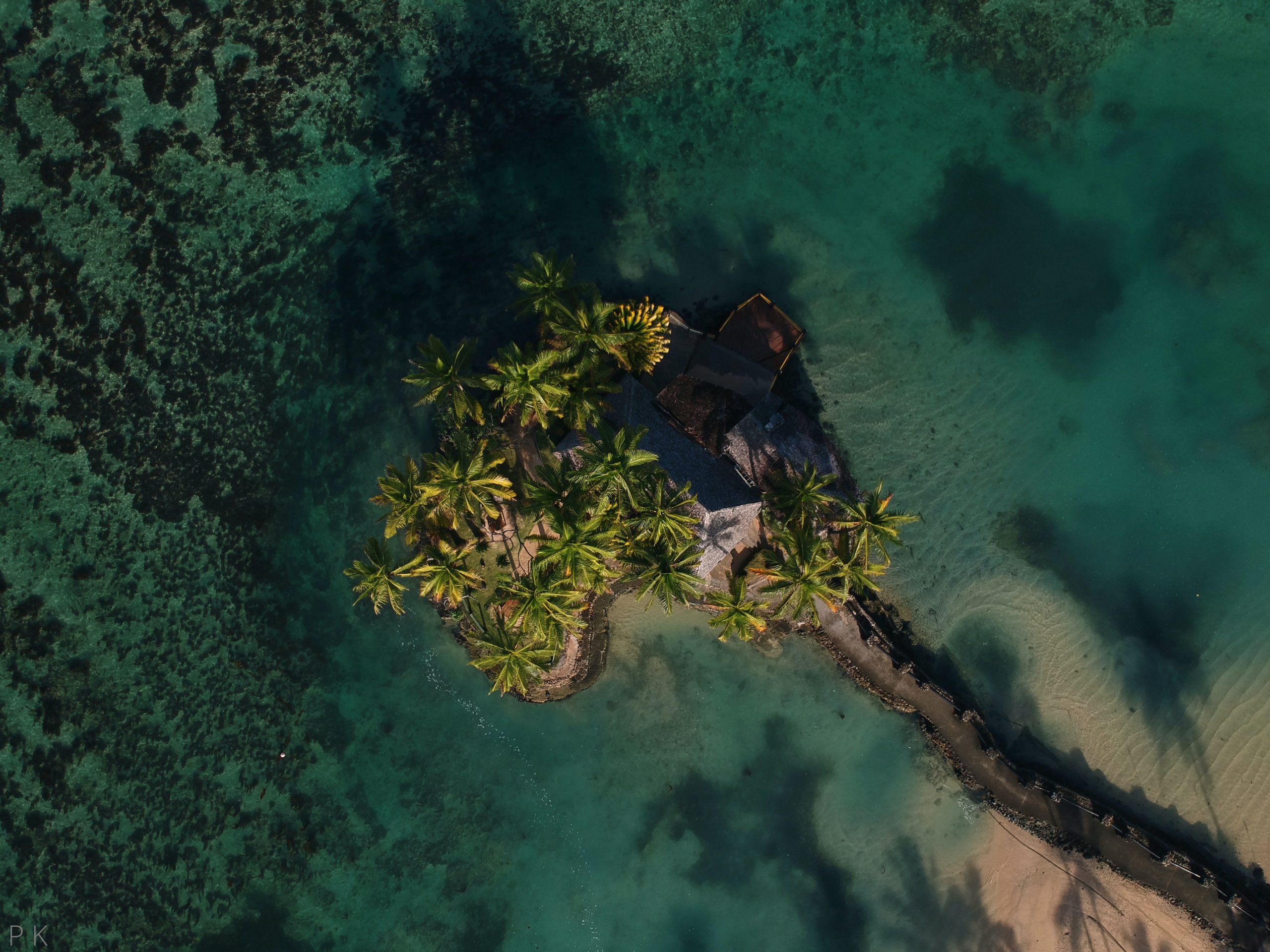
Comment Editor Esther Purves describes how her volunteering experience in Fiji gave her an insight into the voluntourism industry
In December of 2018, in a lecture theatre, I was sold the ultimate travel dream. A four-week work and travel placement in the heart of Fiji that following summer. The ultimate bucket list destination. The Pacific Island Dream. Immediately I signed up, booked my flights and began boring my friends with daily choruses of ‘have I told you I’m going to Fiji?’ I believed that I was going to make a difference by helping to develop the curriculum. I was working in partnership with the Fijian government; the stamp of approval that justified my placement in a primary school. I was volunteering, therefore it could only be good.
Expectation versus reality. As my first week in Fiji grew into four, my frustrations built. Firstly, guilt set it in as I walked to school every day. The placement was wrong. This is what was people meant when they threw the word ‘voluntourism’ around. In light of what I learnt about ‘white saviourism’, here are three things I wish I’d considered before going on placement in Fiji.
The placement becomes more for the volunteer than the pupils
A four-week placement on the other side of the world sounds frighteningly long, but can curriculum really be transformed in one month? My placement, like many others, have training, travel and rest periods meaning that the placement structure had only scheduled in three weeks of volunteering. Firstly, this already limited time got cut short on my arrival to Vatulele Island; the school was closed as pupils were on the mainland for an inter-school tournament. This left two and a half weeks to achieve everything the company claimed that we would. A four-week placement does not translate to four weeks of volunteering.
Secondly, in my opinion, to assume that we could sustainably develop the curriculum in two and a half weeks is arrogant and selfish. At this point, the placement becomes more for the volunteer than the pupils. If I had researched the placement structure before committing to my placement in Fiji, I could have discovered what I learnt seven months later on the project.
Moreover, having a sustainable impact was not the objective of this placement. The roles of the volunteers were to work in person with the pupils; supporting them one on one with English and Maths skills or running sports sessions in the afternoon. The pupils loved the sports sessions in particular and they flourished in the English and Maths sessions. But what was going to happen when I left? The placement structured total curriculum development to lie with the volunteers and was devoid of any teacher-student collaboration. The company sang itself praises of its sustainability, yet there was no evidence of this in the placement.
Their answer to this was to have us write up sports plans on A4 sheets of paper and hand them in to the headteacher. The hope that teachers would use these is highly unrealistic considering that we ran sports sessions that were unfamiliar to Fijian culture. Perhaps the most laughable decision the company made was taking the teaching resources we had brought from the U.K. back upon departure. How was this contributing to the improvement of the pupils? Any new skills we had taught the children left with us, and I walked out of those school gates knowing that tomorrow it would be exactly the way I had found it.
The label “Volunteer” doesn’t mean that you’ll make a difference
Voluntourism programmes all have a specific focus; education, social mobility, project work, conservation. Though students are likely targets, they are also unlikely to specialise in any of these fields. Therefore, they need training. Fair enough. But how much training does the programme give? After receiving three hours of training on how primary pupils should be educated, (notably from someone who was not a teacher), the leaders of my placement were satisfied that we would be able to educate students. How do three hours of training equip me to provide an education that these students deserve? We need to be self-critical; do I have the skill set to partake in this placement to a high standard? If the answer is no, you must ask yourself – will I be provided with the skill set to complete this placement to a high standard? If the answer is no, the programme is not right.
Indeed, there is a huge double standard between the expectation of education standards. If unqualified students came into primary schools in the U.K. with the intention of developing the school curriculum, there would be uproar. Why do we not provide pupils in developing countries with the education that we would expect to receive?
Volunteer placements sound fantastic on the surface. They seem like the perfect marriage between exploring the world and giving back. However, the label ‘volunteer’ does not mean that you will make a difference. It does not even make you a volunteer. If you are looking to volunteer this summer, think critically about the placement and your own capabilities. Firstly, invest the money you would spend on the experience in a charity that you’re passionate about. Research voluntourism and it’ racist undertones. Lastly, make sure that you do not do more harm than good. Make sure you are not a white saviour.
For more articles on volunteering experiences, check out the links below:
Comments